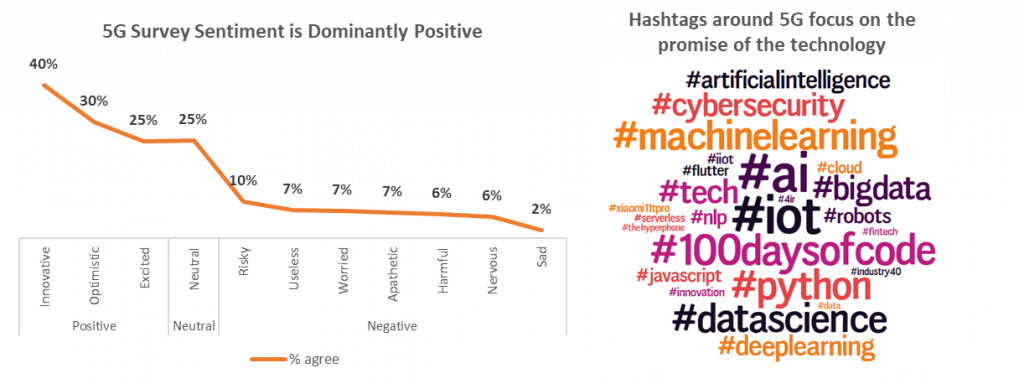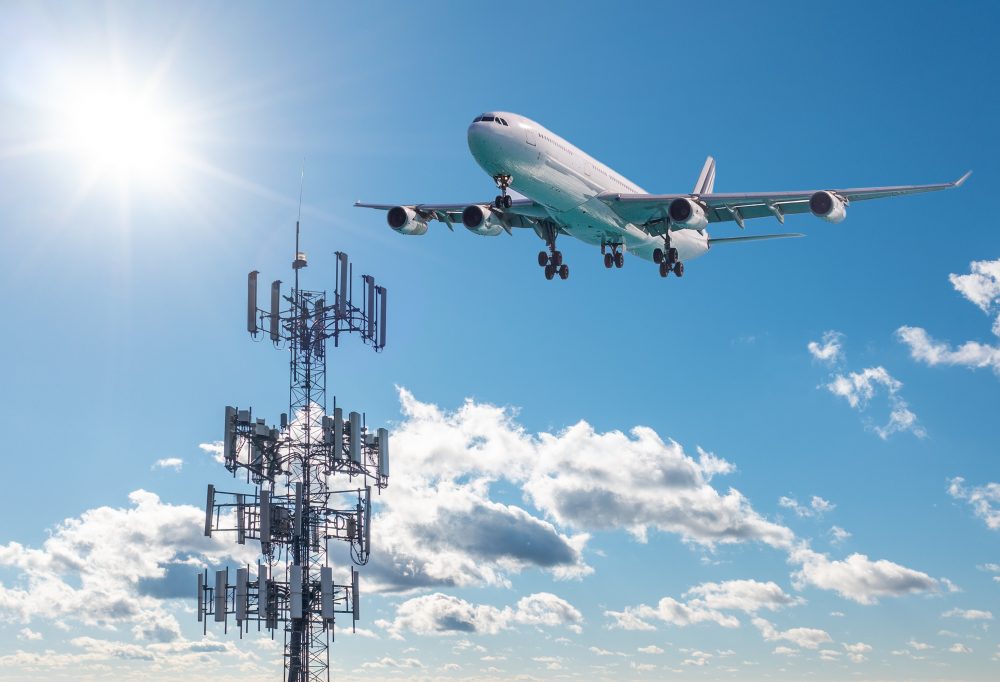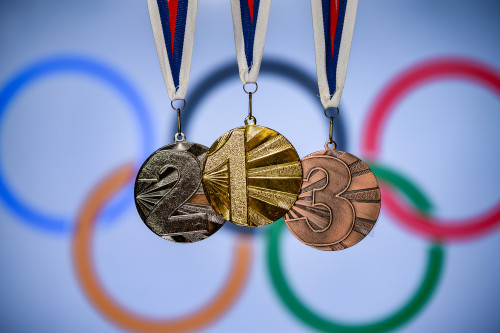Our report explores how people cater their betterment approaches to their natural energy rhythms and cycles, and how control plays a critical role.
5G on the Runway: Do We Have Liftoff?
Within the public zeitgeist, 5G as a topic is loaded with layers of discourse. Though the new technology has been widely anticipated and in the public eye for several years, there are many factors influencing its perception. Heightened insecurities stemming from the pandemic, lowered trust in authorities and mainstream media, misinformation spread, and the most recent news cycle about 5G’s potential interference with aviation (at best) can create confusion and noise. But for others, the delay of 5G’s roll-out to January due to aviation safety concerns could cause additional fear and suspicion. So naturally, we were curious:
- How are people really feeling about 5G’s launch?
- With misinformation out there, are people believing the facts or false narratives about 5G?
- And how has the delay of 5G affected people’s optimism and excitement around 5G, if at all?
To answer these questions, Horizon Media surveyed 841 adults 18+ in our Finger on the Pulse panel.*
WHAT WE FOUND
People Feel Good About 5G
Despite recent concerns around aviation safety and available misinformation on 5G, the vast majority of people are feeling positive about 5G’s roll-out. People are most looking forward to the speed and power of the new technology. When asked to describe 5G in their own words, the majority of responses were positive, many claiming excitement around its speed, some even claiming it’ll boost their work-from-home productivity.
In other words, 5G is…
- “Awesome, love the speed!”
- “A fast way to do pretty much everything!”
- “Faster than 4G and will be better for us.”
- “A new cellphone technology that allows for faster data transfers, better connections and a better cellphone experience”

Sources: *Horizon Media, Finger on the Pulse. Survey fielded 2/3/22-2/8/22, n=841; **Horizon Media Distillery Social Intelligence, Netbase, January 8 – February 8, 2022
- Between January 8 and February 8, there were over 1.1 million mentions of 5G in social conversation and over 800K posts, peaking at the January 19 roll-out date. Despite the high volume of conversation, which could mean more negative chatter, over 75% of the conversation was positive or neutral. (Horizon Media, Distillery Social Intelligence)**
- One Twitter user even poked fun at the misinformation. @mcdawgzy tweeted, “Just got my booster shot….when does the 5G kick in?”
People are Likely to Trust Both Carriers More Despite Aviation Safety Concerns
Though there’s been a large volume of news about AT&T and Verizon’s delayed roll-out of 5G due to the potential interference with airline altimeters, people are 2X more likely to say they’ll trust the cellular brands more vs. trust them less.
- Even with the FAA (Federal Aviation Administration) safety concerns, a quarter of adults 18+ say they’ll trust the carriers more, while only 12% say they’ll trust AT&T or Verizon less.
The 5G Misinformation Echo-Chamber Poses No Threat to AT&T or Verizon Trust
Misinformation may be present in the airways (as it is for many things), but it represents only a fraction of the association with 5G when people are asked to describe it from a blank slate.
However, misinformation has a greater effect on people when coupled with the power of suggestion. When asked to select from a list of various concerns around 5G (some real, some not), a third of the answers chosen referenced false 5G information (e.g., causing cancer, harming birds, causing migraines, causing global warming, or spreading COVID). While the optics are alarming, concerns due to misinformation come from a smaller population (<15%). That means, if a person is exposed to a false narrative about 5G, they’re likely exposed to at least two false narratives. This leads us to believe that a smaller sub-population has their volume turned up in an echo-chamber, with no real threat to carrier trust. Here’s why:
- Republicans were 2X more likely to select “causing cancer after long-term exposure” as a deterrent than Democrats (22% vs. 11%). This may be driven by right-wing mainstream news outlets reporting these threats to a majority-Republican audience, like this article from Fox News in late December.
- Though Republicans are more likely to cling to the false narrative surrounding cancer’s linkage to 5G, they are no more likely than any other political affiliation to say that they’ll trust AT&T or Verizon less.
OUR TAKE? CLEAR FOR TAKE-OFF
The recent news cycle has drawn critical attention to 5G’s roll-out. Though there’s an air of emotionality surrounding the topic of 5G – the misinformation interference is harmless. Although concerns around its potential interference with air travel have been unearthed, the process shed light on the true issue at hand – not that 5G will fail us, but that our internal communications and processes need to get better. That’s a positive thing.
This leads us to believe that the force driving an increase in trust for AT&T and Verizon has much to do with their transparency and willingness to create formal processes with the FAA. As a core tenant of our macrotrend Open Book, transparency drives brand favorability. In fact, in December 2021, 91% of adults told us they prefer a brand that admits their faults with full transparency – a 9% increase from a prior fielding in November 2020.***
A closing thought: Openness trumps mistakes; Negligence has far higher stakes.
Sources: *Horizon Media, Finger on the Pulse. Survey fielded 2/3/22-2/8/22, n=841; **Horizon Media Distillery Social Intelligence, Netbase, January 8 – February 8, 2022; ***Horizon Media, Finger on the Pulse. Survey fielded 11/29/21-12/9/21, n=1,140




